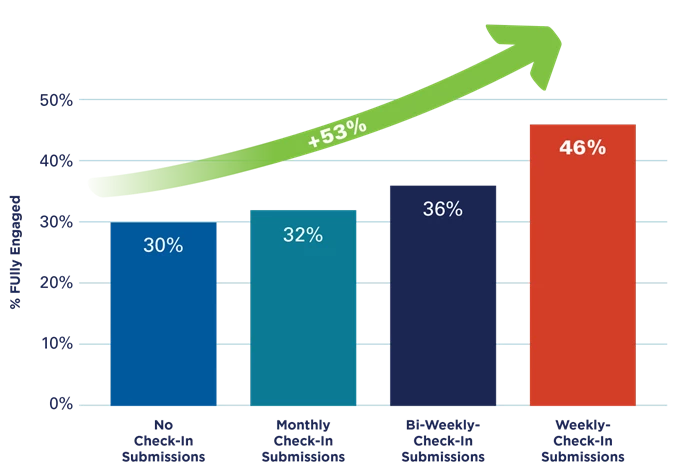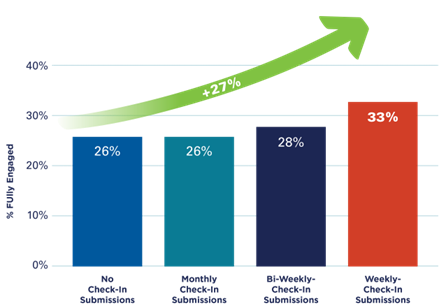In the late 20th century, Martin Seligman challenged tradition and urged the psychology community to begin to study the power of positivity rather than having an exclusive focus on the negative. This renaissance in the field inspired not only Marcus Buckingham but many other researchers as well. The result has been a wide and increasing body of knowledge about the factors that help humans lead satisfying lives. The emphasis on positive psychology has opened the door to a deeper understanding of the power of gratitude. Not surprisingly, the research overwhelmingly supports the positive impact gratitude has on our everyday lives. You may even have adopted a gratitude practice yourself by spending a few minutes each week to reflect on the things you are grateful for.
There is one aspect of gratitude that most people omit, though: showing yourself gratitude. Each of us brings unique talents to the workplace, and recognizing yourself for the contributions you make has a positive impact on how you feel about your work.
Even when you’re trying to build a positive habit, stuffing yet another thing into your workday can seem impossible. But if you’re using StandOut, you are actually practicing self-gratitude every week already through your Check-In. When you submit a Check-In, you take just a few minutes to reflect on your past week: what activities did you love at work, and what priorities did you accomplish? In other words, you are reflecting and acknowledging your unique strengths and contributions. Which means that you are looking forward to the next week with maybe just a touch more of a strengths-based perspective.
The benefit of submitting Check-Ins is sometimes overlooked, but their value should not be understated. The StandOut Applied Research and Insights team analyzed data from all of our users and found a powerful relationship between Check-In submissions and a team member’s Fully Engaged status. There is a 53% relative increase in engagement when team members submit Check-Ins every week compared to team members who don’t submit Check-Ins at all, regardless of attention from their team leader. That’s a pretty good return on a 5-minute-a-week investment.
Checking In Matters

We see significant value even in the challenging environment of healthcare.
Checking In Matters for Healthcare Too

The Bottom Line for Talent Practitioners
As a practitioner, you can support the systematization of submitting weekly Check-Ins:
- Integrate the practice of submitting Check-Ins into other organizational processes such as weekly team huddles and time tracking.
- Connect submitting weekly Check-Ins into wellness and well-being programs.
- Encourage all employees to do Check-Ins — especially leaders. Their example is inspiring to the organization.
The Bottom Line for Team Leaders
Team leaders are the hub of the organization. You provide support, guidance, and direction to your team. To lead best, you need to be at your own best:
- Be a weekly Check-In submitter yourself.
- View and connect with your team members every week. Not only does this support their practice of weekly checking in, but connecting with them and providing attention has profound impacts on engagement. In fact, team members who submit weekly Check-ins and get weekly attention from their team leader are 3.3 times more likely to be Fully Engaged compared to team members who submit weekly Check-Ins and don’t get attention from their team leaders.
- When your team is together at huddles or team meetings, spend a few minutes talking about StandOut and your team’s habits.
The Bottom Line for Team Members
Every employee is a team member. You being your unique best not only amplifies your contributions at work, but it feels better, too.
- Be a weekly Check-In submitter.
- Periodically take a few minutes to review the previous several weeks of Check-Ins. Look for patterns in any Loves you noted or Priorities that you indicated you loved working on. Even this brief exercise helps to remind each of us how we are adding value in our own unique way.
- Share your strengths. Complete your Come to Me When Statements and create Strength Statements with the Strength Statement builder.

